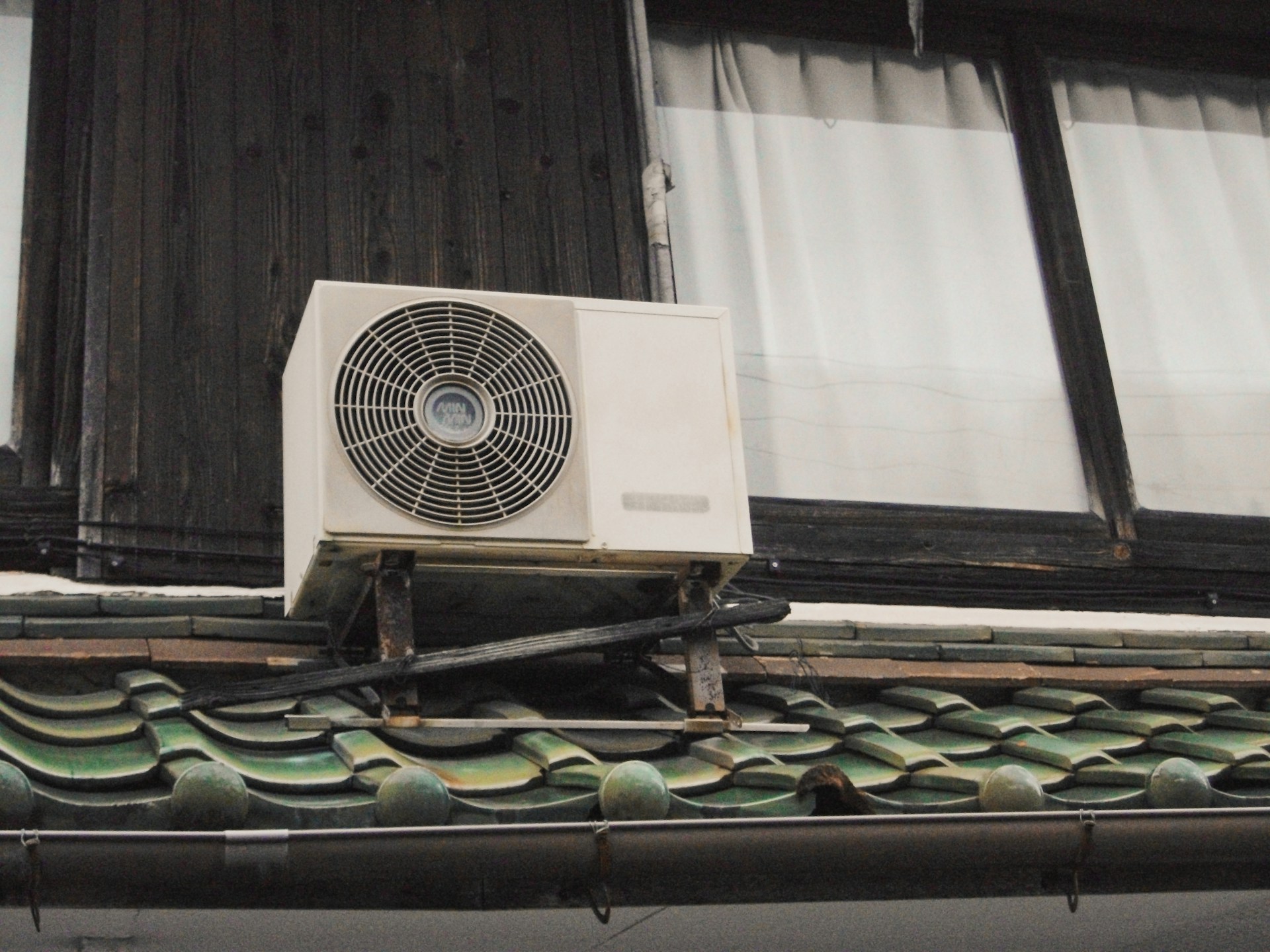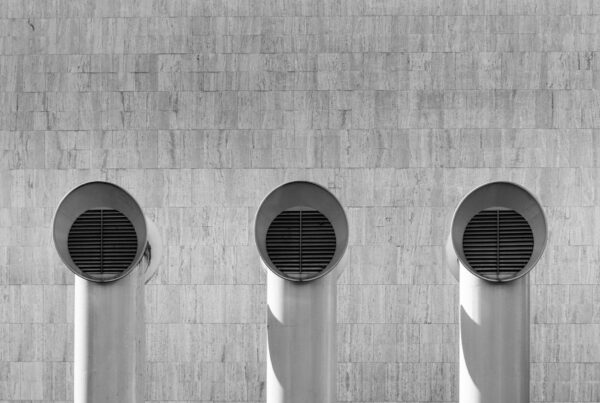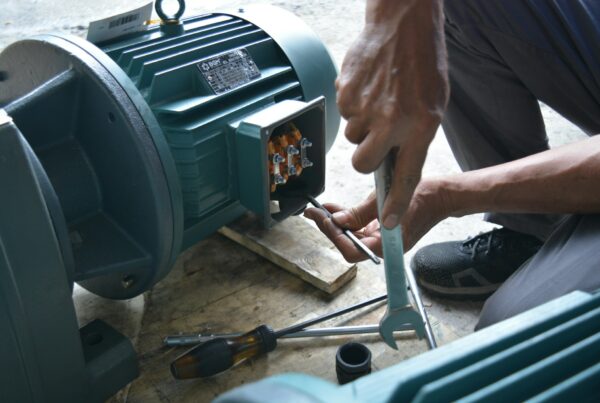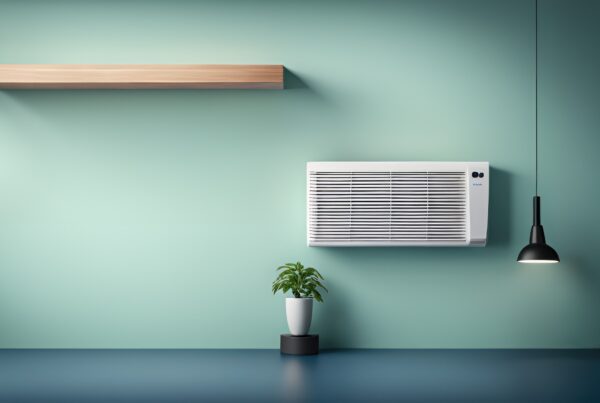Last Updated on May 25, 2024
Air conditioning units are crucial for maintaining comfort in homes and offices, especially during the hot summer. However, it’s common for these units to experience issues preventing them from cooling effectively. Understanding why your air conditioner might not be blowing cold air can help troubleshoot the problem quickly and effectively.
Read on to learn why your air conditioner isn’t blowing cold air.
Common Reasons Why Air Conditioners Fail to Cool
There are several reasons why an air conditioner may fail to provide the necessary cooling. By identifying the root cause, you can decide whether to attempt a fix themselves or seek professional help, such as from specialists in AC repair in Lodi CA or wherever you may be located.
But before that, below are the common reasons why your air conditioning system fails to cool:
Insufficient Refrigerant
The refrigerant is the substance within the air conditioning system that absorbs heat from the indoor air. Low refrigerant levels due to leaks or improper charging during installation can significantly reduce the system’s cooling efficiency. If the refrigerant level is low, the unit will struggle to remove heat from the air, resulting in warmer than desired airflow. Detecting and repairing leaks, followed by correctly recharging the refrigerant, usually requires professional attention.
Dirty Condenser Coils
The condenser coils, located in the outdoor unit of your AC, expel the absorbed heat outside the building. When these coils are covered in dirt, dust, or grime, they cannot effectively release heat. This inefficiency can cause the system to overheat, the air conditioner to shut down, or the air conditioner to blow air that is less cool than expected. Cleaning these coils is crucial for maintaining the effectiveness and longevity of your unit.
Faulty Compressor
The compressor is often called the heart of the air conditioning system. It plays a critical role in the refrigeration cycle by compressing the refrigerant and moving it through the system. A malfunctioning compressor can lead to a lack of cooling in the air conditioner. Since repairing a compressor can be complex and expensive, it often requires expert diagnosis and intervention.
Thermostat Issues
The thermostat regulates the temperature by telling the air conditioner when to start and stop. If it is incorrectly calibrated or faulty, it might not accurately gauge the room temperature, leading to insufficient cooling. Sometimes the issue might be as simple as replacing the batteries or recalibrating the thermostat. In other cases, it might necessitate replacing the entire unit.
Clogged Air Filters
Air filters play a crucial role in maintaining air quality and ensuring the efficient operation of the air conditioning system. Over time, these filters can become clogged with dust, pollen, and other particulates, restricting airflow. This restriction can reduce the amount of air flowing through the system, decreasing the overall cooling capacity. Regularly replacing or cleaning air filters is an easy maintenance task that can help prevent this issue.
Improper Sizing or Installation
An air conditioner needs to be properly sized for the space it is intended to cool to ensure efficient operation and good cooling. An undersized unit will run continuously to cool a space beyond its capacity. At the same time, an oversized unit might cycle on and off too quickly without adequately removing humidity or cooling the air uniformly. Similarly, improper installation can lead to duct leaks or inadequate airflow. These issues often require a thorough assessment by a professional to correct.
Maintenance Tips to Prevent Cooling Issues
Regular maintenance is critical to ensuring your air conditioner operates at peak efficiency. Scheduling annual inspections by a qualified technician can help detect potential issues before they become major problems. Additionally, you should do the following tips:
Here are some detailed maintenance tips to ensure your air conditioner operates efficiently:
- Air Filters: Regularly check and replace the air filters in your AC unit. Dirty filters restrict airflow and reduce efficiency, increasing energy consumption and reducing cooling capacity. It’s recommended to replace filters every 1-3 months, depending on usage and air quality.
- Outdoor Unit Clearance: Keep the area around your outdoor AC unit clear of leaves, debris, and overgrown vegetation. This clearance can help maintain adequate airflow around the condenser coils, which is crucial for dissipating heat and ensuring optimal performance.
- Duct Maintenance: Inspect your ductwork periodically for leaks or damage. Sealing any leaks in ducts can significantly improve the efficiency of your system by preventing loss of cooled air and ensuring that it is adequately delivered throughout your home.
- Shade Windows: Use window treatments like shades or blinds to block direct sunlight during peak hours. This simple action can reduce the indoor temperature, decrease the load on your air conditioner, and help maintain a more relaxed environment more efficiently.
Conclusion
A non-functional air conditioner during peak summer can be frustrating. However, understanding common issues such as refrigerant leaks, dirty condenser coils, or faulty compressors can guide effective solutions. Whether you perform simple maintenance or seek professional assistance, taking prompt action can help restore your cooling comfort quickly.





